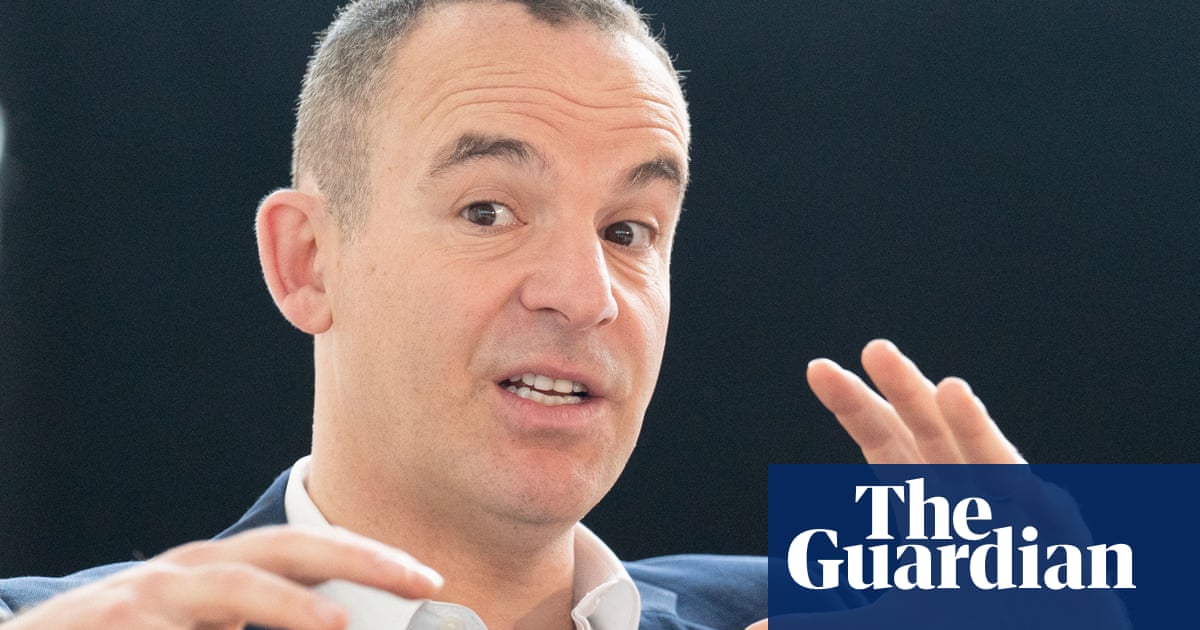
Energy companies are using unfair and potentially illegal tactics to secure cash at the expense of their customers amid the energy crisis, the consumer expert Martin Lewis has told MPs.
Households face a “fiscal punch in the face” in April when energy bills under the government’s price cap rise, Lewis said, a day before the chancellor, Rishi Sunak, makes his spring statement, in which he is expected to announce measures to respond to the cost of living crisis.
Rising energy prices have played a central role in squeezing households’ finances, risking the economic recovery from the coronavirus pandemic. Russia’s invasion of Ukraine, which has caused oil prices to soar, is likely to add further costs for UK consumers when the price cap incorporates higher wholesale prices.
Speaking to MPs on parliament’s business select committee, Lewis listed a litany of problems faced by consumers as many energy companies try to stay afloat. They ranged from people being owed credit by energy companies but not getting it, to energy companies misleading customers into switching to more expensive tariffs and raising customers’ direct debits disproportionately to the rate of the increased bills.
Lewis, who runs the influential Money Saving Expert website and is Britain’s best-known consumer advocate, said the increases in direct debits may represent breaches of energy companies’ licence conditions.
“A number of companies are doing it to improve their own cashflow position at the expense of their customers,” Lewis said.
The typical household energy bill will increase by about £1,300 over the course of a year if high wholesale prices are sustained. The government has so far announced a £150 council tax cut and a repayable £200 discount to spread the cost of energy price rises over future years.
“That is clearly not enough,” said Lewis. “We need to pump more money into the system or we need a vulnerable-user price cap.”
Asked what the government should do to help struggling households, Lewis said: “It needs to give them more money. It’s as simple as that.”
Energy bills do not vary widely between poorer and wealthier households, so price rises hit poorer families disproportionately. Lewis described energy prices as “almost a poll tax”, a reference to a flat-rate tax on every adult. In the UK a poll tax – the community charge – played an important part in the resignation of Margaret Thatcher as prime minister, and Conservative MPs are fearful that the current crisis could threaten the party’s popularity.
Gillian Cooper, head of energy policy at Citizens Advice, said the government’s help was “insufficient to cope with the scale of the problem we’re facing”, speaking to MPs at the hearing.
Data published by the charity last week suggest that 5 million people in the UK will be unable to afford their energy bills in April when the price cap increases. That could jump to 14.5 million in October, based on further wholesale energy price rises that will be incorporated into the price cap.
Cooper said the most effective way to help people would probably be via the benefits system in the form of a grant, although she added that all benefits should be uprated in line with surging inflation. Benefits will rise by 3.1%, based on consumer prices index inflation in September, well below the 5.5% inflation seen in January.












